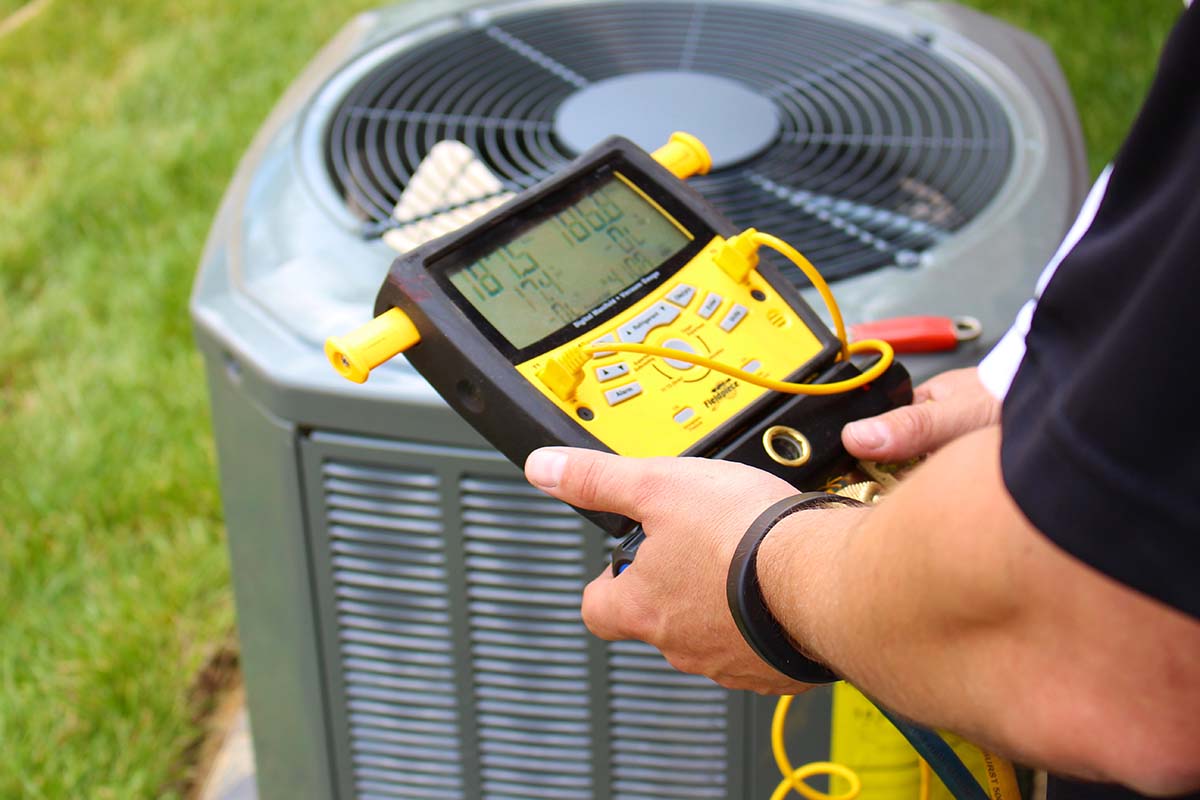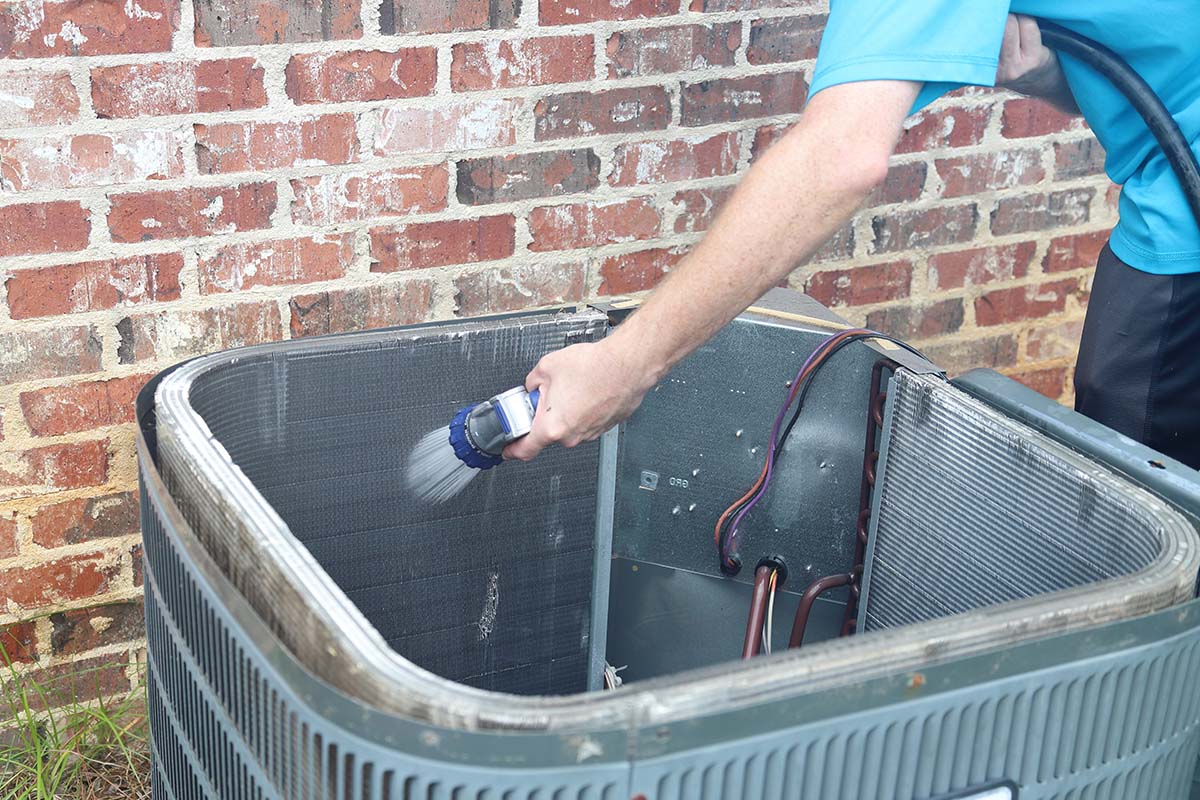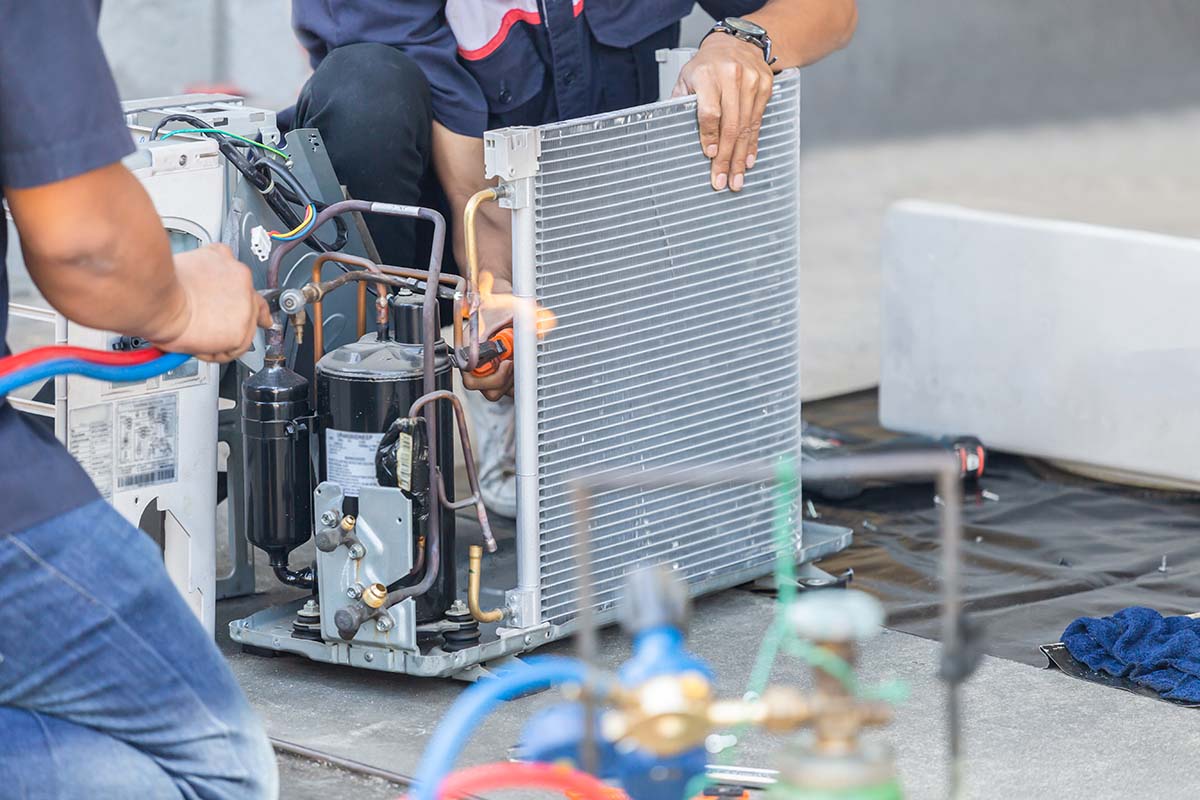Stop Spending Thousands on New HVAC Systems – Try This Instead
Are you tired of paying an arm and a leg for your HVAC system? Are you looking for a cost-effective solution to keep your home comfortable all year round? If the answer is yes, then this blog post is perfect for you! We have discovered a game-changing alternative that will save you thousands while ensuring optimal performance. Say goodbye to expensive HVAC installations and hello to an affordable option that delivers results. Keep reading as we reveal how to stop spending thousands on new HVAC systems and try something different instead!
Introduction to HVAC Systems and Lifespan
Assuming your home was built within the last 30 years, chances are it has an HVAC system. This stands for Heating, Ventilation, and Air Conditioning. Your HVAC system is responsible for regulating the temperature and air quality in your home.
While most people think that their HVAC system will last forever, this is unfortunately not the case. The average lifespan of an HVAC system is 15-20 years. However, this number can vary depending on a number of factors, such as how often it’s used, how well it’s maintained, etc.
If you’re worried about your HVAC system reaching the end of its lifespan, there are a few things you can do to prolong its life. First, make sure you’re changing the filter regularly. This will help to keep the system clean and free of debris. Second, have a professional come out to inspect and tune up your system annually. This will help to identify any potential issues before they become significant problems.
By following these simple tips, you can help to extend the life of your HVAC system and avoid having to spend thousands of dollars on a new one prematurely.
What Causes HVAC Systems to Fail Early?
There are several common causes of early failure for HVAC systems. One is simply inadequate maintenance. Your HVAC system is a complex piece of machinery, and like any machinery, it needs regular care and attention to keep it running smoothly. Fail to do the necessary maintenance, and you can expect your system to start having problems sooner rather than later.
Another common cause of premature failure is installing an incompatible or lower-quality replacement part. When a part wears out and needs to be replaced, be sure to use a compatible replacement from a reputable manufacturer. Using an inferior quality part will only lead to further problems down the road.
Sometimes an HVAC system fails early because it was improperly installed in the first place. This is why it’s so important to hire a qualified professional for any installation or repair work that you need to be done on your system. Taking shortcuts during the installation process can lead to big problems down the line.
How Can I Maintain My HVAC System to Last 18 Years?
If you want your HVAC system to last 18 years, you need to take good care of it. Here are some tips on how to do that:
1. Have the system serviced regularly. This means getting it professionally cleaned and inspected at least once a year, and more often if it’s in heavy use.
2. Do your own upkeep. Between service appointments, there are some things you can do yourself to keep your system in good shapes, such as changing the air filter monthly and keeping the area around the outdoor unit clear of debris.
3. Address problems early. If you notice any issues with your system, don’t ignore them – have a professional take a look at them as soon as possible so they can be fixed before they turn into bigger problems that are more expensive to repair.
Following these tips will help ensure that your HVAC system lasts for many years to come.
Benefits of Regular Maintenance
A new HVAC system is a big investment, and one that most homeowners don’t want to have to make more than once. That’s why regular maintenance is so important. By keeping your system clean and running smoothly, you can avoid costly repairs and replacements.
Here are some of the benefits of regular maintenance:
1. Lower utility bills: When your system is running efficiently, it uses less energy, which can lead to lower utility bills.
2. Fewer repairs: Regular maintenance can help identify potential problems before they become full-blown issues. This can save you money on costly repairs down the road.
3. Longer lifespan: With proper care, your HVAC system will last longer. This means you won’t have to replace it as often, saving you money in the long run.
Warning Signs That It’s Time To Replace Your System
If your current HVAC system is more than 10 years old, it may be time to start thinking about replacing it. Here are some warning signs that your system may be on its last legs:
1. Rising energy bills: If your energy bills have been gradually increasing even though you haven’t made any major changes to your home or lifestyle, it could be a sign that your HVAC system is starting to lose efficiency.
2. Frequent repairs: If you’ve been having to call for repairs more and more often, it’s probably time to start thinking about replacing the system. Constant repairs can be expensive, and a new system will likely be more reliable and cost-effective in the long run.
3. Declining performance: If your HVAC system doesn’t seem to be keeping your home as comfortable as it used to, or if it’s taking longer than usual to heat or cool your home, it may be time for an upgrade.
Cost Analysis of Replacing vs. Maintaining an Old System
The average lifespan of an HVAC system is 15-20 years. If your system is approaching the end of its life, you may be wondering if it’s worth it to replace or just maintain your old system. Here is a cost analysis to help you make your decision:
Replacing your old system will undoubtedly come with a higher up-front cost. A new HVAC system can range anywhere from $3,000-$10,000, depending on the type of system and its features. However, a replacement may actually save you money in the long run. Newer systems are much more energy-efficient than older models, so you’ll see lower utility bills each month. Replacing an old inefficient system can actually end up paying for itself over time!
On the other hand, maintaining your old system will be cheaper in the short term but will likely end up costing you more money down the road. As your system ages, it will become less and less efficient, leading to higher utility bills each month. In addition, repairs on an old system can be costly and may not even fix the problem in the long run. Once your old system finally breaks down completely, you’ll be faced with a hefty replacement bill anyway.
When making your decision, be sure to weigh all factors carefully. The initial cost is only one part of the equation – consider energy efficiency, monthly costs, repair costs, and expected lifespan when making your decision. Ultimately, it comes down to which option will give you the best value in the long run.
Conclusion
In conclusion, maintaining and repairing your HVAC system can save you a significant amount of money compared to the cost of replacing it with a new one. By following the tips and tricks discussed in this blog post, you can keep your HVAC system running efficiently for longer periods and avoid expensive replacement costs.
At Ron’s HVAC, we are dedicated to helping our customers save money and keep their HVAC systems in excellent condition. We offer a range of services, including maintenance, repair, and replacement, to ensure that your HVAC system operates at peak efficiency.
If you’re looking to save money and keep your HVAC system running smoothly, give us a call at 916-224-3921 today to schedule an appointment. Our expert technicians will be happy to assist you with all your HVAC needs.


